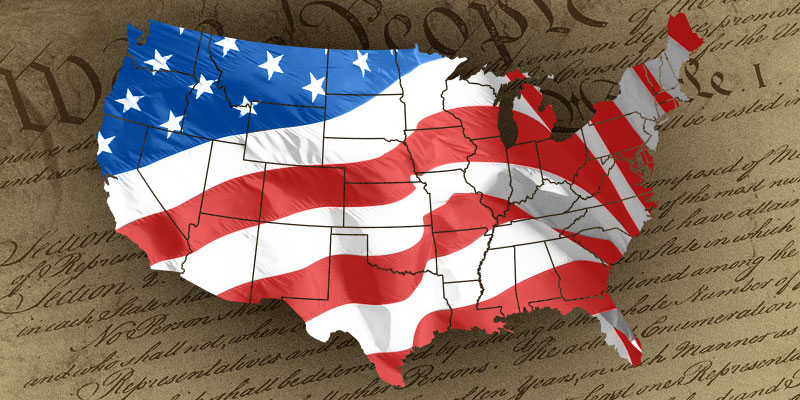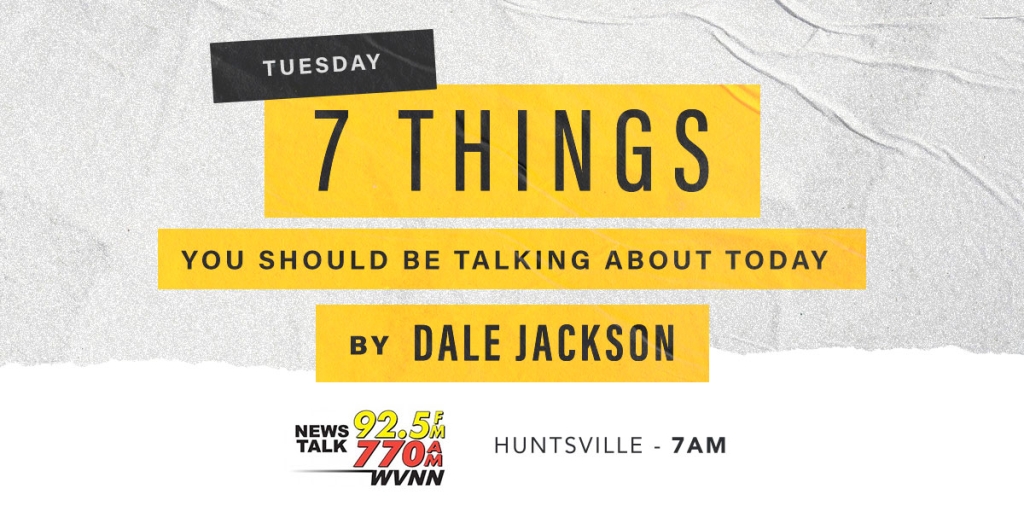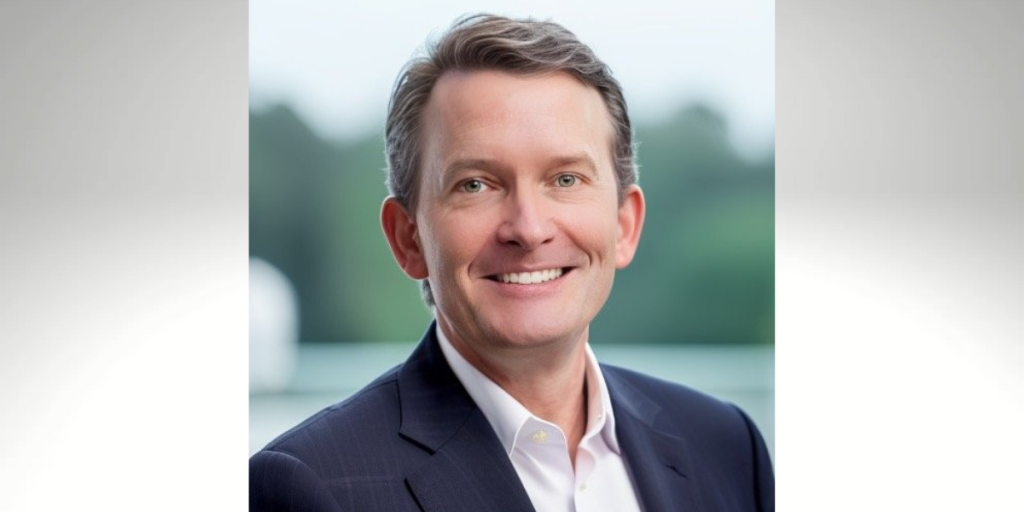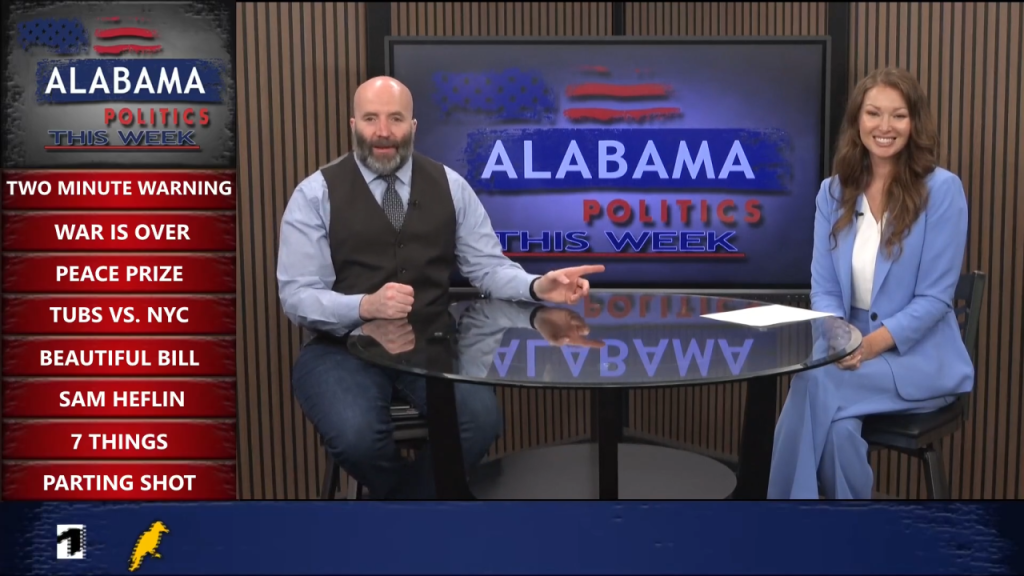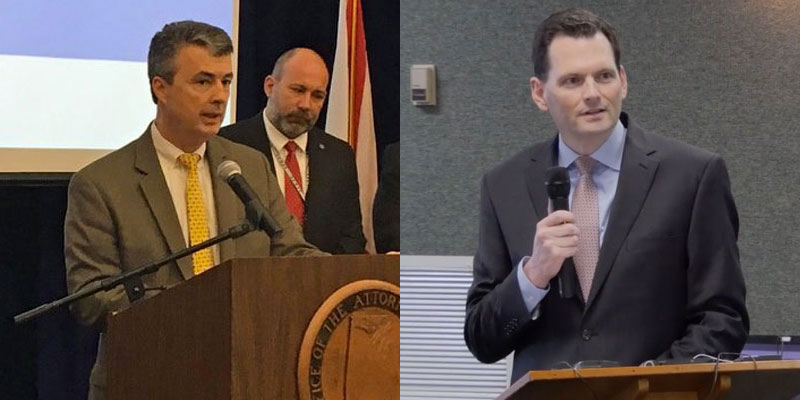Listen to the 10 min audio
Read the transcript:
ALAN DERSHOWITZ OSTRACIZED FOR NOT CONDEMNING TRUMP
TOM LAMPRECHT: Harry, I want to take you to an article out of Fox News. We referenced this in a program we did a few days ago. Harvard law professor emeritus, Alan Dershowitz, recently came out in an interview and said that he has been basically ostracized by what he thought were his own friends at high-end seasonal destination Martha’s Vineyard.
Dershowitz, a famed lawyer, lamented the efforts to eject him from social life at Martha’s Vineyard amid his outspoken criticism of Special Counsel Robert Mueller’s investigation into the alleged collusion with Russia. He said, “So they are shunning me and trying to ban me from the social life on Martha’s Vineyard.”
DR. REEDER: And, by the way, it cuts both ways: he was quite the defender in what he thought were overreaches on Clinton’s impeachment on constitutional grounds. And so now he’s being ostracized in the arena of Martha’s Vineyard, which is the gathering of the cultural elite in society.
IS THIS THE PROGRESSIVES’ NEW TACTIC OF EDGING OUT OPPOSITION?
These summer months, he finds himself not invited to the wine and cheese moments and he’s lamenting it but you can also see that he’s taking advantage of this moment to point out what is happening in this continued snowflake culture where, if someone disagrees with you, what you do is ostracize them from a conversation and you exclude them from the company that you keep.
Actually, I think he’s being excluded for another reason and that reason is one of the reasons why I wanted us to go ahead and take this on today. What we’re seeing in our society is this inability to allow the First Amendment to flourish because, whenever people have ideas, ideas are expressed in words and words and ideas have consequences, and if the words and the ideas are more persuasive or more influential than yours and you want yours to succeed, then what you do is you try to ostracize it, shout it down and you try to intimidate it.
COLLEGE CAMPUSES ARE ALSO SWITCHING FROM FREE DEBATE TO NO DEBATE
We’re watching it in our college campuses which, historically, have been a place where free speech is supposed to reign with supremacy so that people are educated in the context of debate on ideas and we see that inability to allow free speech — particularly, in the progressive agenda, the socialist agenda and in the agenda of the culturally elite — they cannot stand the debate of does gender begin at conception or does gender begin when the person declares what gender they want to be and does life begin at conception or is life only sacred if the people who are having it want it because it meets the test of what is acceptable and convenient for them.
Along with euthanasia, abortion, transgender movement, the sexual anarchy of the sexual revolution and those who embrace this secular world and life view of the sovereign self as opposed to the consistent world and life view of a sovereign God and a Creator who has so established the dignity of life, and marriage, and sexuality, and work and all of those things and the right role of government, by the way, then what you do is you get rid of the people who disagree with this new agenda.
As my daddy used to say, “You can’t stand the heat in the kitchen,” when the conversation is beyond your ability to refute, what clearly makes sense?
WHEN DID A PERSON WITH A DIFFERENT OPINION BECOME YOUR ENEMY?
TOM LAMPRECHT: Harry, let me go a little deeper on what you’ve just said and I’ll put it in the form of a question. What has happened in the last several decades that, when we disagree with someone on a political issue, it has gone from, “Okay, I will agree to disagree,” to today, if you disagree, “You are now my enemy and I will do everything I can to destroy you” — what’s the underlying cause?
DR. REEDER: Because social secularism — the sexual revolution, the socialist agenda — really is a religious movement. It’s an issue of where people’s hearts are. When you have a world and life view, Tom, in which the only thing that’s right is what I declare is right, and now you’re confronted with a world and life view that says, “No, there are things that are objectively right and objectively wrong. There’s something that’s good and there’s something that’s not good. There’s something that’s beautiful and there’s something that’s not beautiful. There’s something that’s true and there’s something that’s not true,” and you run into that world and life view which makes sense and which is rational and influential, then this becomes a heart issue — it is the exaltation in religion of the sovereign self otherwise masquerading as secular humanism — then you have to excommunicate those ideas.
The way that you excommunicate them is you try to intimidate people into silence, you try to marginalize them, you try to shame them or you just simply ostracize them. And Dershowitz who, by the way, clearly is no evangelical Christian but he’s in trouble because he has supported Trump’s Middle East policies, he has supported most of his immigration policies and he has exposed the overreach of the FBI situation in the special counsel probe that’s going on — which, by the way, he also did in the Clinton era — but, in today’s agenda, part of its mantra is the destruction of the current president and not the criticism of his policies, simply, and debating that, but his personal destruction so now Dershowitz is seen as an enemy and, therefore, he is ostracized.
THE FLAW IN DEBATE SHOWS FLAW IN THE ARGUMENT
Tom, I think that always exposes the weakness of an argument. Whenever someone raises their voice, not expressing emotion of their commitment to their idea, but raising their voice to express an ability to emotionally and verbally oppress the other person’s idea when they resort to profanity, when they resort to tactics of intimidation and when they resort to exclusion and being ostracized, then by and large, almost 90 percent of the time, that is the revealing of either a weak mind or a weak argument.
The people who have a good mind and have a good argument relish the discussion, relish the debate because first, they have confidence in their position and, second, because the debate will help sharpen them in their position or, if necessary, change them.
DON’T BE AFRAID TO DEBATE
Tom, every time I preach, I always pray what we call in worship “The Prayer of Illumination” that God would bless his people and overcome the inadequacies of the preacher — that’s me — which are many and would work in the lives of the hearers so they have eyes to see and ears to hear. One of those prayers that I many times pray is this: “Lord, in these moments, from your Word by your Spirit, would you affirm what we know that is right, would you correct what we think is right but is wrong and would you teach us what we need to know and teach us what is right?” Tom, I think that’s absolutely crucial in life.
OUR FOUNDERS KNEW THAT FREE SPEECH WAS THE CORNERSTONE OF OTHER FREEDOMS
By the way, the free practice of religion and free practice of speech and the free practice of assembly, those are inseparably entwined. That’s why they’re not separate amendments but they’re part of those six affirmations of the First Amendment. I think the founding fathers were absolutely wise in putting them all together — “See, they won’t let him assemble. See, they try to control his speech. ‘Unless you say my acceptable speech, then you’re not allowed in this community.’”
Well, it’s one thing for you to have an organization and you have every right to determine who’s going to be in that organization. It’s another thing when you try to exclude people because you can’t handle their arguments within a city or within a state or within a community. And that’s what he’s experiencing and that’s what we’re seeing on our college campuses — the fragility of the secular humanist position and, therefore, the boisterous and intimidating tactics of exclusion.
HOPE IN CHRIST CAN BRIDGE DIVIDES
Tom, I have something that I would like to freely say and I would like to offer it into the public square and that’s this: God made you and the way things are going now is not the way God made them. The way things are going now is the way we’ve made them. We have brought the sin that has brought the consequences but this God Who made us for what is good and beautiful and true that we have marred with our sin, has also spoken another Word and that Word is His Son, Jesus Christ — “And the Word became flesh and dwelt among us and we beheld His glory, the glory of the only Begotten from the Father full of grace and truth.”
I’d like to announce that freely this day because this same Savior came and went to a cross, died for our sins and will not only forgive us of the guilt of our sins but will set us free from the power of sin and will set us on a journey to grow in His grace and assassinate sin instead of assassinating others and their rights. And then you can freely speak with one another with the Good News that Jesus Christ loves sinners, changes sinners — come just as you are and you’ll never leave just as you came.
Dr. Harry L. Reeder III is the Senior Pastor of Briarwood Presbyterian Church in Birmingham.
This podcast was transcribed by Jessica Havin, editorial assistant for Yellowhammer News, who has transcribed some of the top podcasts in the country and whose work has been featured in a New York Times Bestseller.
Podcast: Play in new window | Download
Subscribe: RSS






